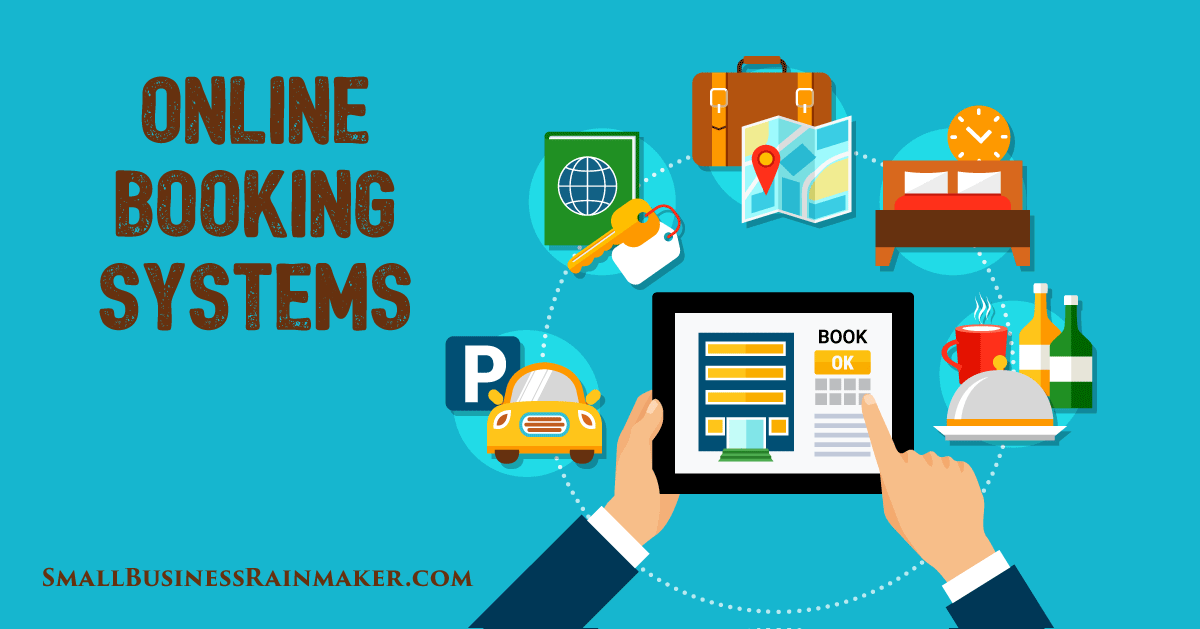
No matter what industry you work in, there’s a good chance you’ve been asked to learn new technology.
As small businesses prepare for the future of work, many are investing in brand new tools that can make work more efficient (and profitable). Companies are investing in automation software, artificial intelligence, machine learning, and more.
Although these changes can be disruptive, they come with a huge hidden benefit:
Any time change happens in your workplace, individual contributors have an opportunity to step up and help their teams succeed.
Adapting to New Technology and Dealing with Change in the Workplace
You can use this article to learn three key ways you can help your team adapt their work processes to new technology at work – regardless of your current job title.
Show Enthusiasm for New Technology
Any changes in the workplace present challenges. According to a recent survey of over 500 workers, nearly 90% are willing to master new tech skills. However, even if new technology is supposed to speed up your work processes, most unfamiliar tools come with a learning curve that can cause short-term anxiety.
Cornell Professor Samuel Bacharach explains that change not only asks employees to incorporate new processes into their work routines, but it also might require them to give up things they are good at.
“Take away my morning coffee and paper, and I get grumpy,” Bacharach writes. “Take away someone’s routine and replace it with something unfamiliar, and you’ll create anxiety and, in turn, resistance.”
When new technology arrives to disrupt your workflow, some of your colleagues will inevitably be frustrated, worried, or downright annoyed about the change. You can become invaluable to your boss by showing enthusiasm for mastering new technology – no matter how you really feel inside.
By bringing a positive attitude to each new change, you can quickly become a leader in your workplace. Plus, you’ll have the added bonus of “faking it until you make it” – sometimes going through the motions of embracing change is all you need to actually do so.
Become an Early Adopter
Most of the time, the phrase “early adopter” refers to companies that take risky bets on new technology – and sometimes reap big rewards.
Most employees don’t have much control over when their companies invest in new technology. However, you do have control over how quickly you adjust to new processes or tools once they arrive.
By working hard to embrace new systems, you’ll capitalize on one of the key rewards of being an early adopter: becoming known as an expert.
While others might struggle to migrate away from the old way of doing things, you can lead by example and encourage others to get on board with new technology.
Best of all, you’ll reduce the chances that your own work will be held up by someone else’s struggle to adapt to changing work processes.
Coach Coworkers Through Challenges
Your manager and other company leaders are responsible for making sure employees are trained in new work process.
However, most managers are busy with meetings and other projects throughout the day. It’s rare for a manager to be fully on call and able to jump in whenever an employee runs into an obstacle.
As your colleagues run into challenges, you can quietly step in to take a look, search online for help forums, or offer to walk them through the new processes. With time, you’ll develop a professional reputation for driving your team’s success, even though your job doesn’t require it.
Offering to help other employees deal with change in the workplace can help you be taken more seriously in the office. Even if you’re not officially a mentor, sharing knowledge and guidance with others can help you earn your next promotion.
Instead of waiting for someone to hand you an opportunity to coach others, step up in moments when you notice that anyone needs help mastering new technology or a new work process. Your coworkers will notice – and your boss will, too.
Conclusion - Anyone Can Help Their Team Succeed with New Technology
When it comes to new technology, you don’t have to be an IT genius, business process management exec, or an official project lead to make a significant contribution to your team’s ability to successfully adopt unfamiliar technology.
By showing enthusiasm for new technology, getting onboard with process changes right away, and helping coworkers navigate obstacles, you can help your team navigate new technology.
Before long, you’ll improve your professional reputation – and your tech skills, too.
Our guest author, Michelle Delgado, is a content developer and marketer at Clutch, a leading B2B ratings and reviews firm. She reports on the latest trends in workplace technology and human resources.















Leave a comment